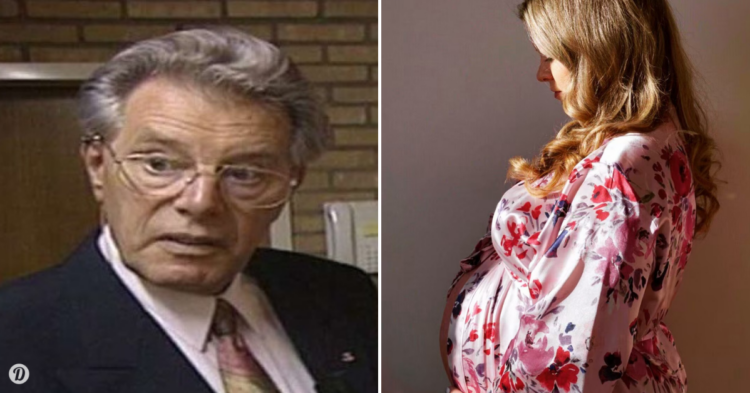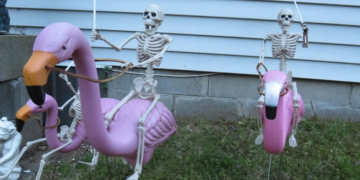It is important to be able to trust your doctor.
In certain circumstances, we trust our health care providers with our safety; our lives; our future.
When a Doctor acts without the consent of their patient, they take a person’s sense of agency away.
Far too often, people in institutional positions of power use that power to manipulate and take advantage of vulnerable populations.

People go to Doctors for help, and anyone who uses that desperation for their own malice is truly sick.
Fertility Specialist Jan Karbaat seemingly dedicated his life to helping women with fertility issues.

He ran his own fertility clinic in the Rotterdam suburb of Barendrecht, where he administered artificial insemination to hundreds of women over the course of his life.
The clinic was closed in 2009 amid allegations that Karbaat had falsified data.

The main complaint against the clinic was that Karbaat had exceeded the permitted number of six children per donor, yet was attempting to cover it up.
Despite the controversy, he continued to hail himself “a pioneer in the field of fertilization.”

Since the clinic didn’t have public records of their successful fertilization statistics, Karbaat’s numbers could only be confirmed by one person: Himself .
This is pretty shady behavior in and of itself.
On his death bed, he admitted to a horrific act.

Shortly before his death, Karbaat announced publicly that out of all the children born from the artificial insemination performed at his clinic, approximately 60 of the children were his own .
This means that he artificially inseminated his female patients with his own sperm…

But told them that the sperm used was from anonymous donors.
He clarified that he sometimes “mixed his sperm with donor sperm”, which doesn’t make the situation any less appalling.
Dozens of people have come forward since the doctor’s death with suspicions about their parentage.

Most of the children were born in the eighties, but any earlier attempts to perform DNA testing were previously blocked by Karbaat’s widow.
Every cased filed against the clinic before Karbaat’s death was thrown out.
In 2017, a group of donor children and their parents took legal action.

They fought to get Karbaat’s DNA profile released.
Their case garnered a lot of media attention, and in February of 2019, Rotterdam district court overruled the widow’s objections ordered the profile to be made available for testing.
There were obvious irregularities between the appearance of the children and their supposed donors.

The lawyer for the complainants in the case highlighted the fact that the children not only didn’t look like their donors, but they looked similar to each other, which suggested a shared parentage.
Finally, The DNA test confirmed that 49 children in the case are direct descendants of Karbaat.

The Defense for Children Organization reported on the test, done by a hospital in Nijmegen, and has since served as representation for parents and children born after being treated at Karbaat’s fertility clinic.
It was a tremendous win for these children, now adults, who had been fighting for years to get the information released.

“The judge placed the interest of the child above the right to privacy of Mr Karbaat and his family,” said a legal representative for the case.
Defense for Children Adviser LIara de Witte spoke on the importance of the case’s outcome.

“After years of uncertainty, the plaintiffs can finally close a chapter,” Witte stated, “They can start processing the fact they are Karbaat’s descendants.”
Joey Hoofdman,one of Karbaat’s confirmed children, posed for a portrait after the case was won.

The photo was taken in Alkmaar, Netherlands.
Photographs are an interesting way to document one’s history. By posing for a portrait, Dejong not only invites the public to compare similarities between him and his father by blood, but he immortalizes the moment in which he has a fuller understanding of his heritage.
One of Karbaat’s biological children says that he feels no ill will towards Karbaat.

“I don’t get the feeling that he cheated my mother,” he said, “She really wanted a child and could not have one with my parental father.”
Finally, these 49 adults have closure.
They can begin to process the situation, and eventually, try to move on from it.
h/t: National Post

















































